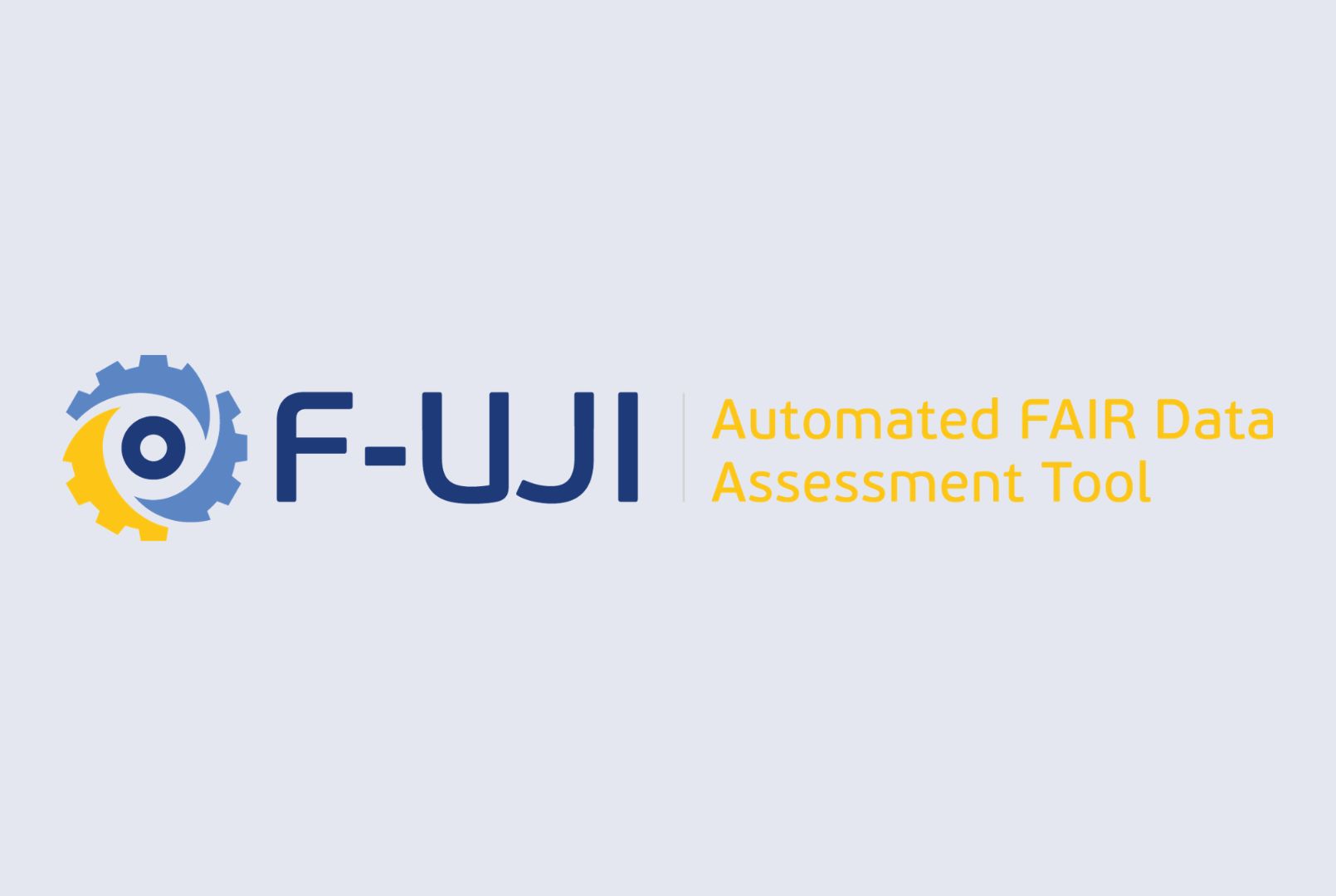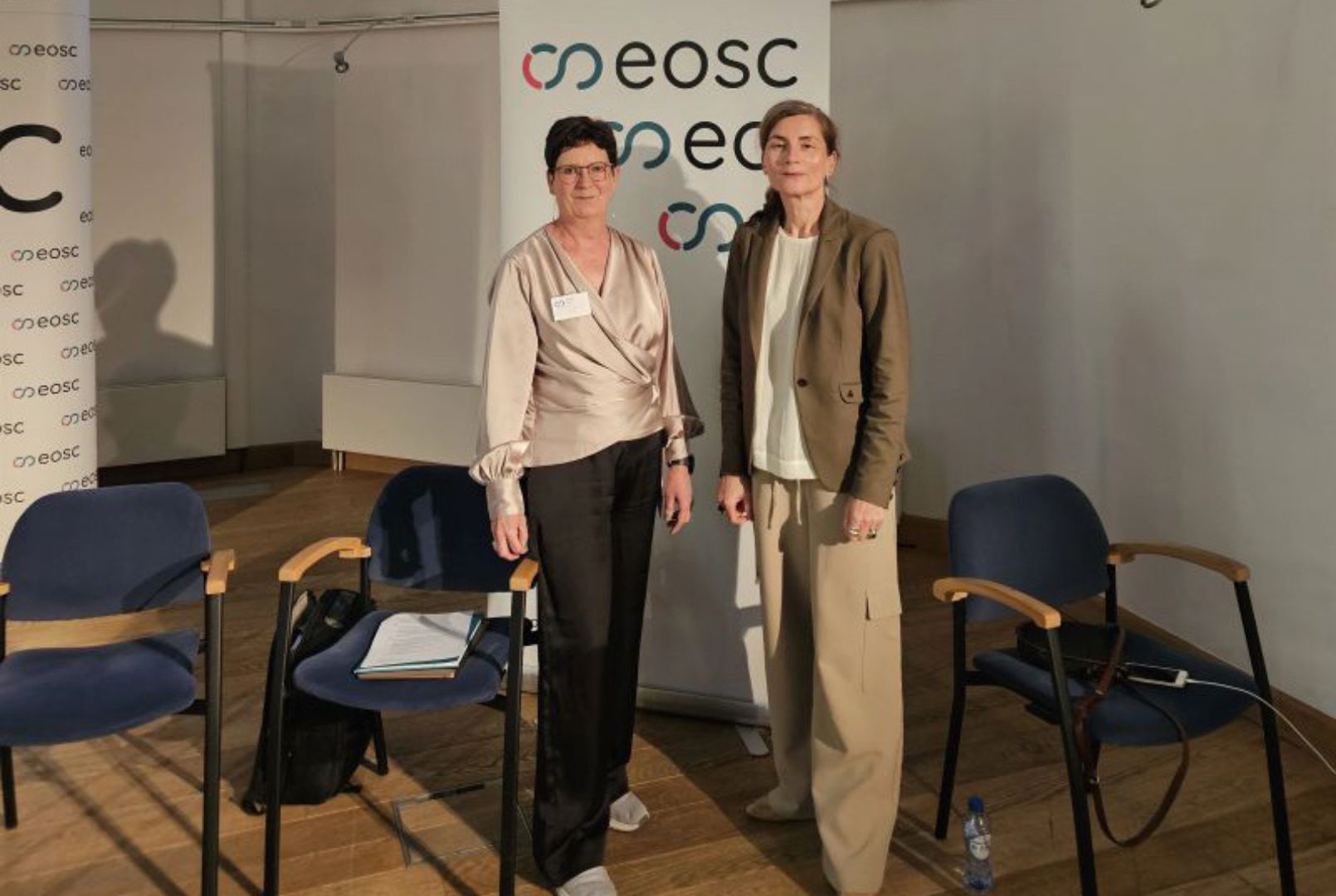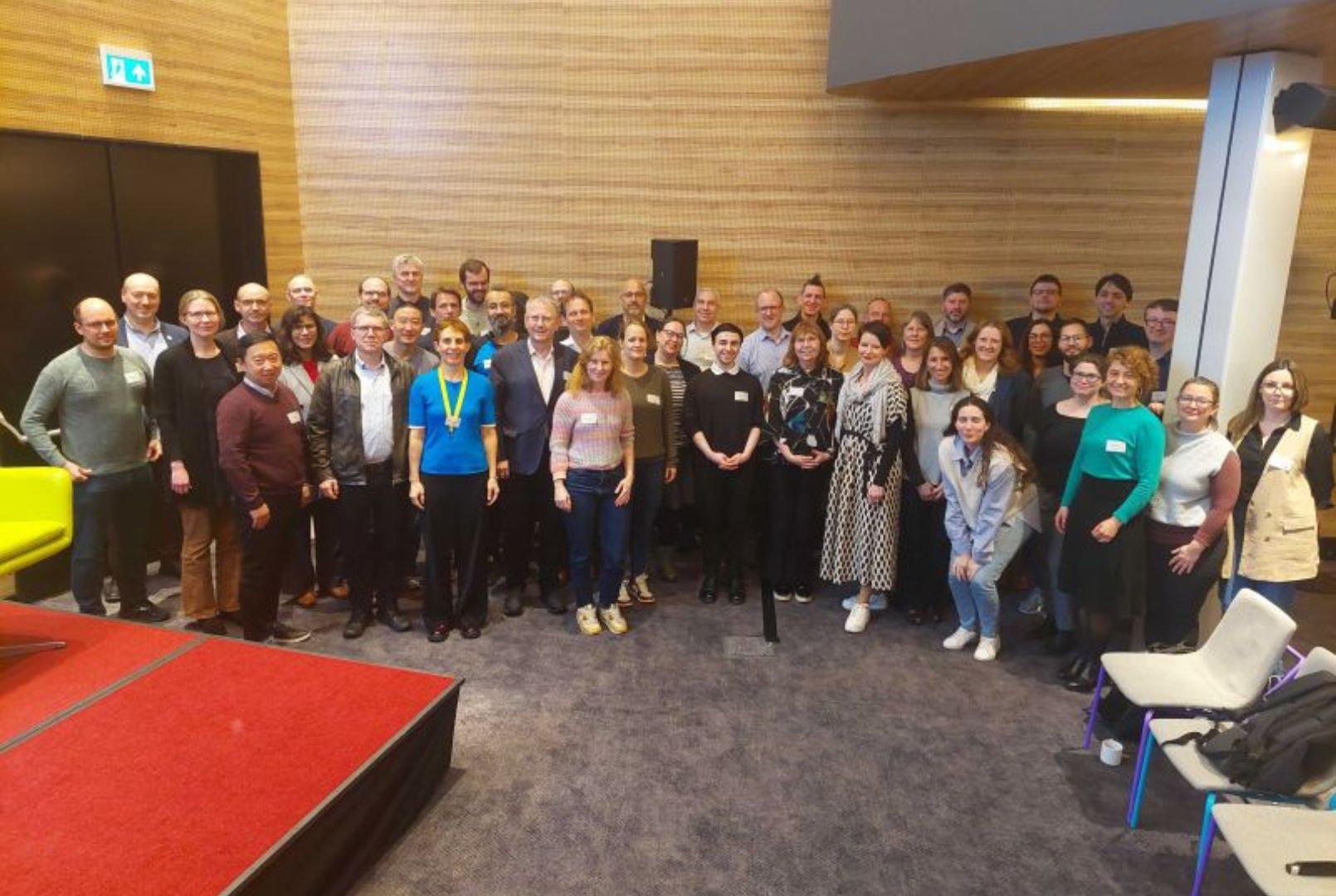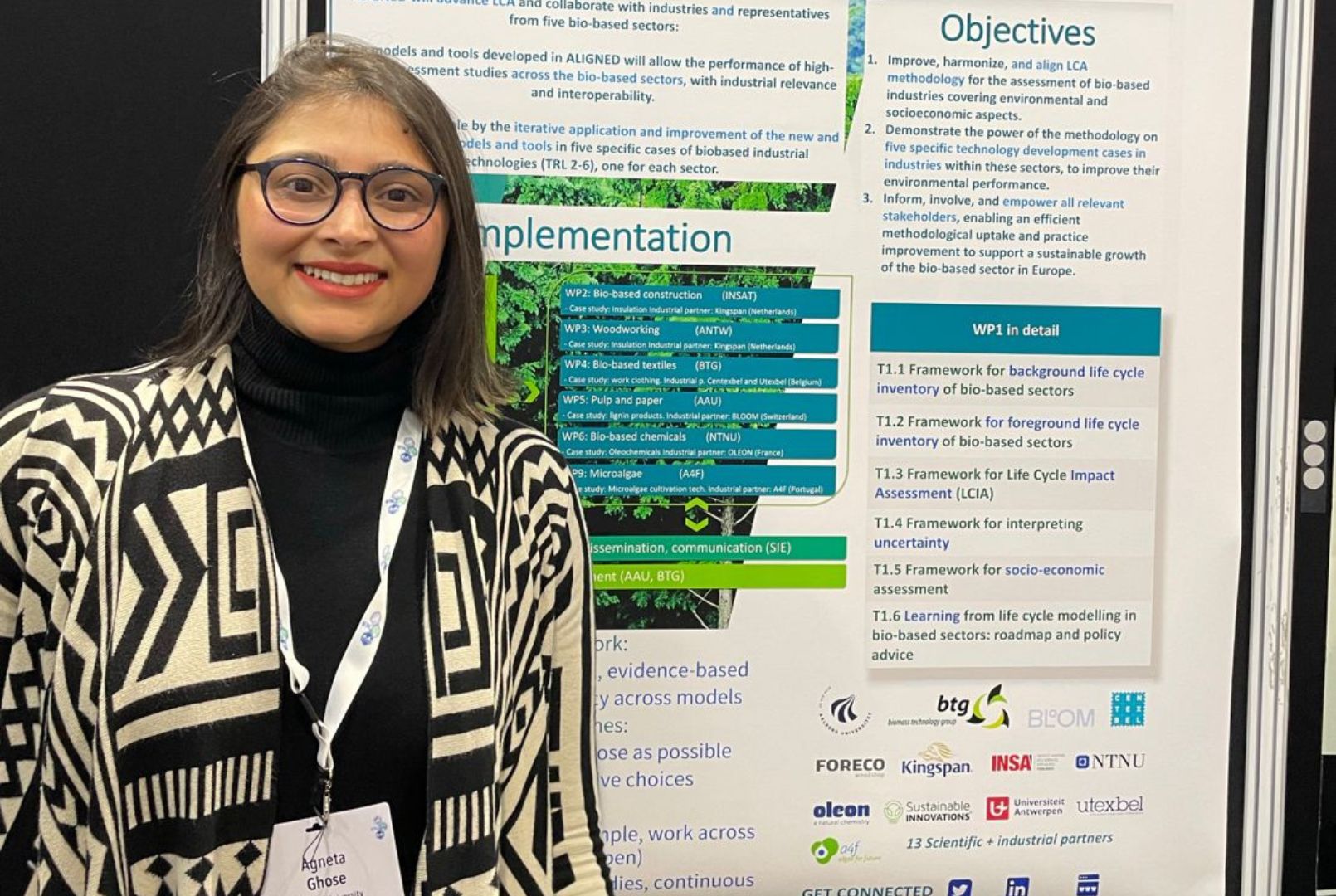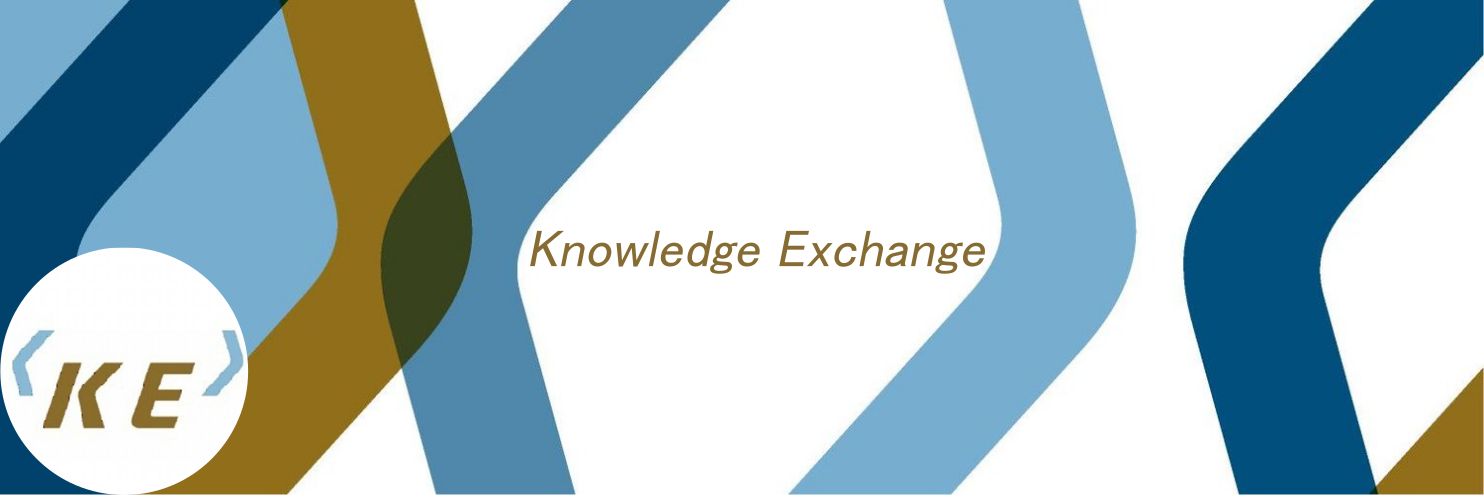
Knowledge Exchange (KE) hhas just published the final report for the project Openness Profile: Modelling research evaluation for open scholarship. The target group is researchers and decision-makers associated with the research sector (eg universities, grantors, libraries) who are interested in research evaluation. Lorna Wildgaard from the Royal Library (KB) has contributed as a Danish expert in the project. The result is a report that describes opportunities to improve registration, evaluation and merit of Open Science activities, and is a follow-up to an interim report from 2020 Openness Profile: Defining the concepts’. The report makes suggestions on how an Openness Profile can help address existing challenges in evaluating Open Science.
Openness Profile is a digital resource, in the form of a flexible portfolio CV, which describes a researcher's or expert's Open Science contribution in one place. The profile is thought to be linked to persistent identifiers such as ORCID ID. Research activities and other important contributions to Open Science can be made visible in this way, and hopefully make merit easier. The hope is that the Openness Profile can become a standard reference model and tool in relation to research evaluations.
KE’s vision is that researchers can make Open Science activities visible and meritorious to a greater degree than today. The report can thus be seen as an important input in relation to initiating Open Science merit in Denmark, including the implementation of a new national strategy for FAIR data management and a possible response to the recommendations from the Committee for better merit published by the Danish Agency for Research and Education in 2019. , which has a vision to "develop a practice that is more nuanced and qualitatively recognizes high quality research, and a practice that at the same time recognizes and rewards the wide range of other research-based activities".
Over 80 stakeholders from 48 organizations have contributed to this European report, written by consultants Fiona Murphy and Phill Jones of the MoreBrains Cooperative, along with a Knowledge Exchange project team of experts from the six KE countries.
The report is freely available to all, and may very well be disseminated. More detailed information about the results of the project is available on KE’s and DeiC’s website.
Questions or anything else can be sent to annamette.morthorst@deic.dk.
